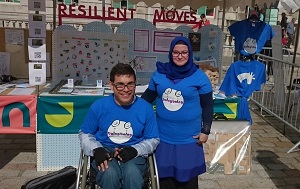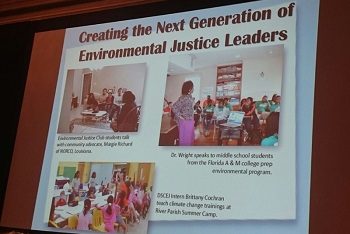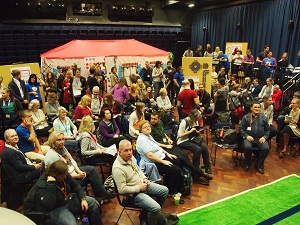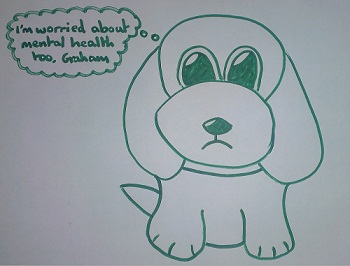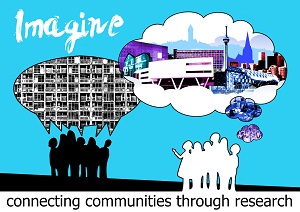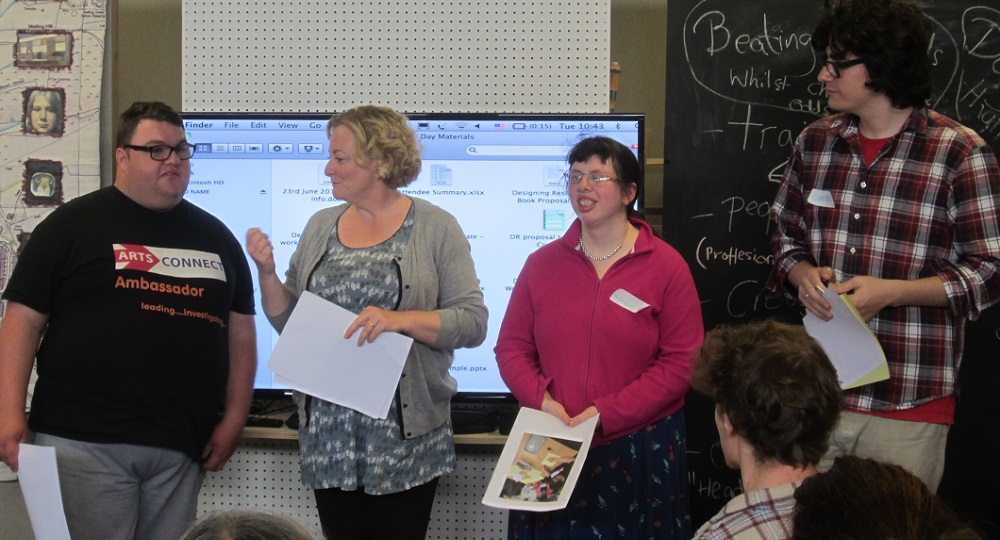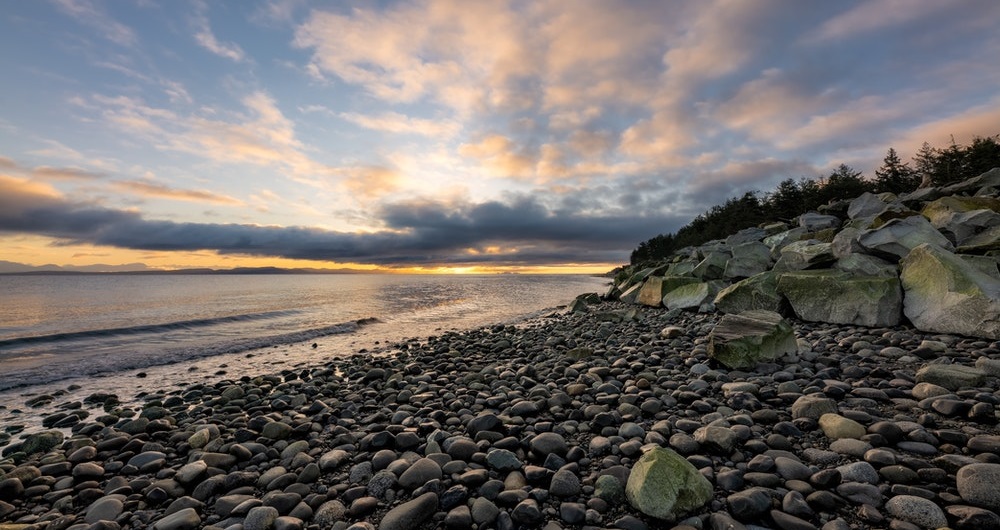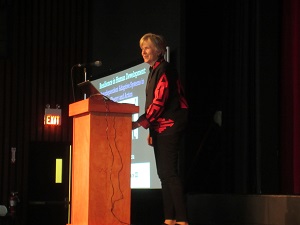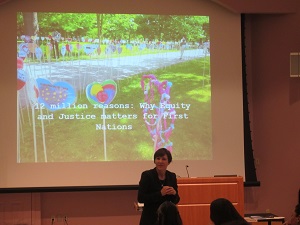Recently, a crack team of Boingboingers answered a call from our fearless founder, Angie Hart. Our mission, which we accepted, was to promote Boingboing’s resilience tools at the Utopia Fair 2016 by staffing our own Resilience Tools stall. The tools have all been co-produced with young people facing additional barriers to resilience as part of the Designing Resilience Project.
Blog
After many years of hanging around with academics I have learnt that ‘community partners’ is code in the international university world for ‘organisations and people who are NOT quite as important as us’. In my head I have often added my own secret addition ‘but are actually doing real things with real people’. This is why I like working with the Boingboing community and CUPP.
Angie reporting from the basement of a hotel in Málaga whilst the sun is shining outside. I’m at a mental health conference organised by the European Network for Mental Health Service Evaluation – ENMESH 2015. The conference is teeming with medical researcher types and psychologists. Granted they are hard workers.
I began to understand the power of Imagine that first day – how projects in Rotherham and Huddersfield were helping restore community practice and relations, in two towns whose souls had been blighted in recent years through xenophobia. Imagine seeks to connect universities and their local communities through collaborative research. It completely ushers away the traditional notion of the haughty ivory tower doing research on others.
Bringing different people together, with different skills, interests, knowledge and experience is my day job. Often there are 2 or 3, sometimes a few more and all of them are interested in the same topic. A few weeks ago, I found myself in a room with 30 people: university students, academics, creative professionals, parents, community groups, young people, artists. Together we were looking at the Resilience Framework to see in what ways we could bring it to life.
We are at a friendly but sweltering Connected Communities Conference (CCFest 2015) to learn from others and present our work on the Imagine project. Our work is about using resilience approaches to imagine better futures and make them happen. And we’re doing this in loads of different countries and loads of different settings.
After Ann Masten’s lecture we are more than ever convinced of the importance of campaigning for the next step in resilience research and practice, which explicitly addresses the political nature of poverty and discrimination and tries to tackle inequalities, that which is consistent with the Boingboing resilience approach.
Angie here again. Sunny morning in Halifax, Nova Scotia. You ever heard of Ann Masten? She’s mega famous in my world. I’m listening to her speak right now. She’s a US psychologist, working mostly on human development, and has just written a new book called Ordinary Magic. Ann’s been working on resilience for so long that she’s now won a lifetime award for it. Congratulations Ann.
Cindy Blackstock has just taken the Canadian government to court for injustices to aboriginal children. Cindy looks at the audience and tells us that her mentor gave her some advice which I just love – ‘don’t fall too much in love with your own organisation. And don’t fall in love with your own business card, as you might have to give them both up in the end to fight for your children.’
